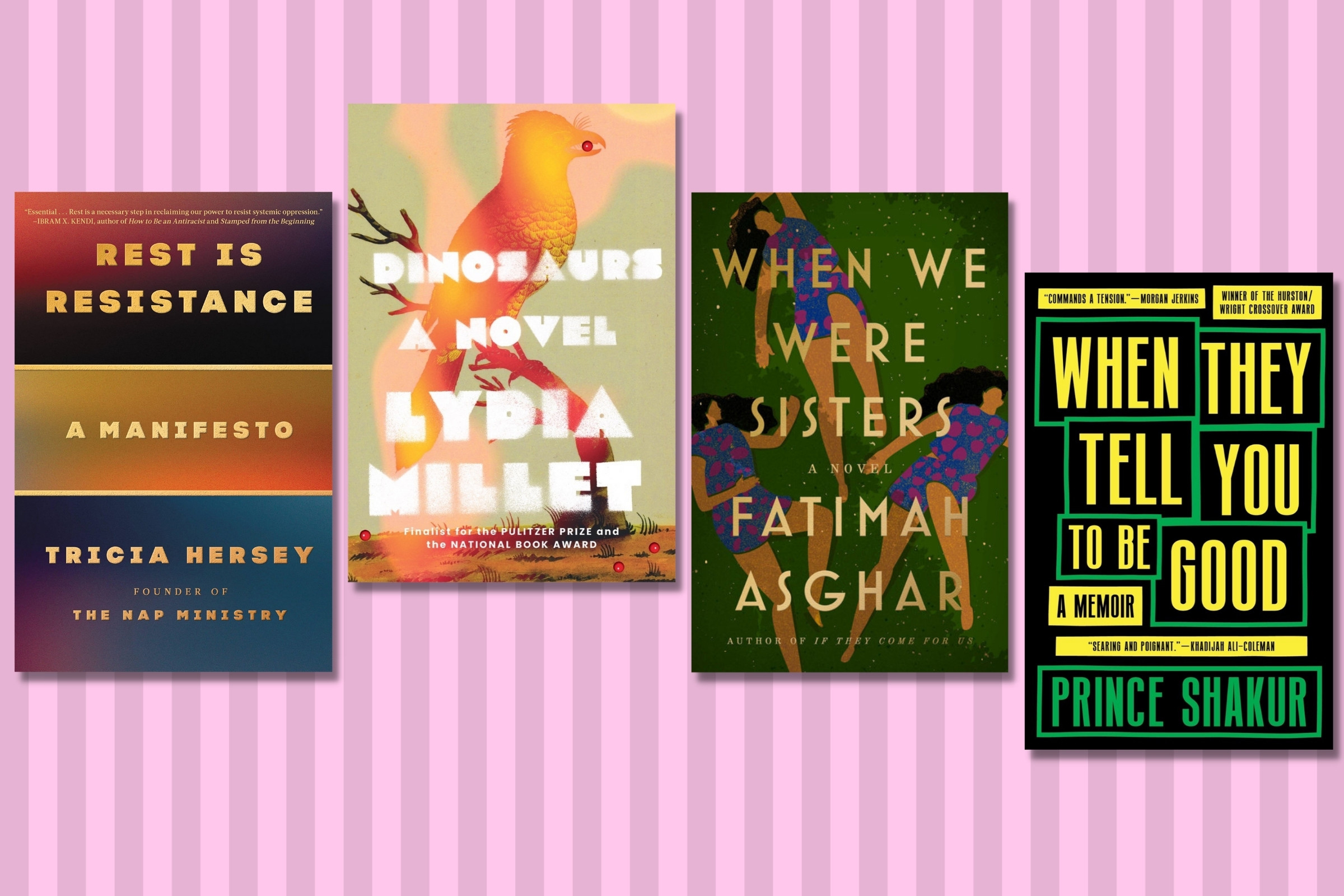
These are independent reviews of the products mentioned, but TIME receives a commission when purchases are made through affiliate links at no additional cost to the purchaser.
Many of this month’s best new books border on the surreal or otherworldly, transporting readers to settings slightly removed from our everyday realities. In Marigold and Rose: A Fiction, Louise Glück narrates the inner lives of two infant twins, who, it turns out, have much the same grasp on the world that adults do. Lydia Millet’s Dinosaurs dips a toe into the uncanny territory between community and self. Samanta Schweblin’s Seven Empty Houses (translated by Megan McDowell) dabbles in the eerie and the absent. And George Saunders’s Liberation Day explores the haunting nature of a dream derailed. Here, the best new books to read this October.
Catching the Light, Joy Harjo (Oct. 4)

Joy Harjo has enjoyed a long and storied career as a poet, from becoming the first Native American to serve as the U.S. Poet Laureate to being elected as a chancellor of the Academy of American Poets—not to mention publishing her own nine books of poetry. Now, 50 years into her career, she has written something of a memoir—part of Yale University Press’ “Why I Write” series—about the “why” of writing poetry. In 50 vignettes, Harjo recalls the moments that shaped her own journey and how Indigenous people have been treated by history. “To write,” she asserts, “is to make a mark in the world, to assert ‘I am.’”
Buy Now: Catching the Light on Bookshop | Amazon
When They Tell You to Be Good, Prince Shakur (Oct. 4)
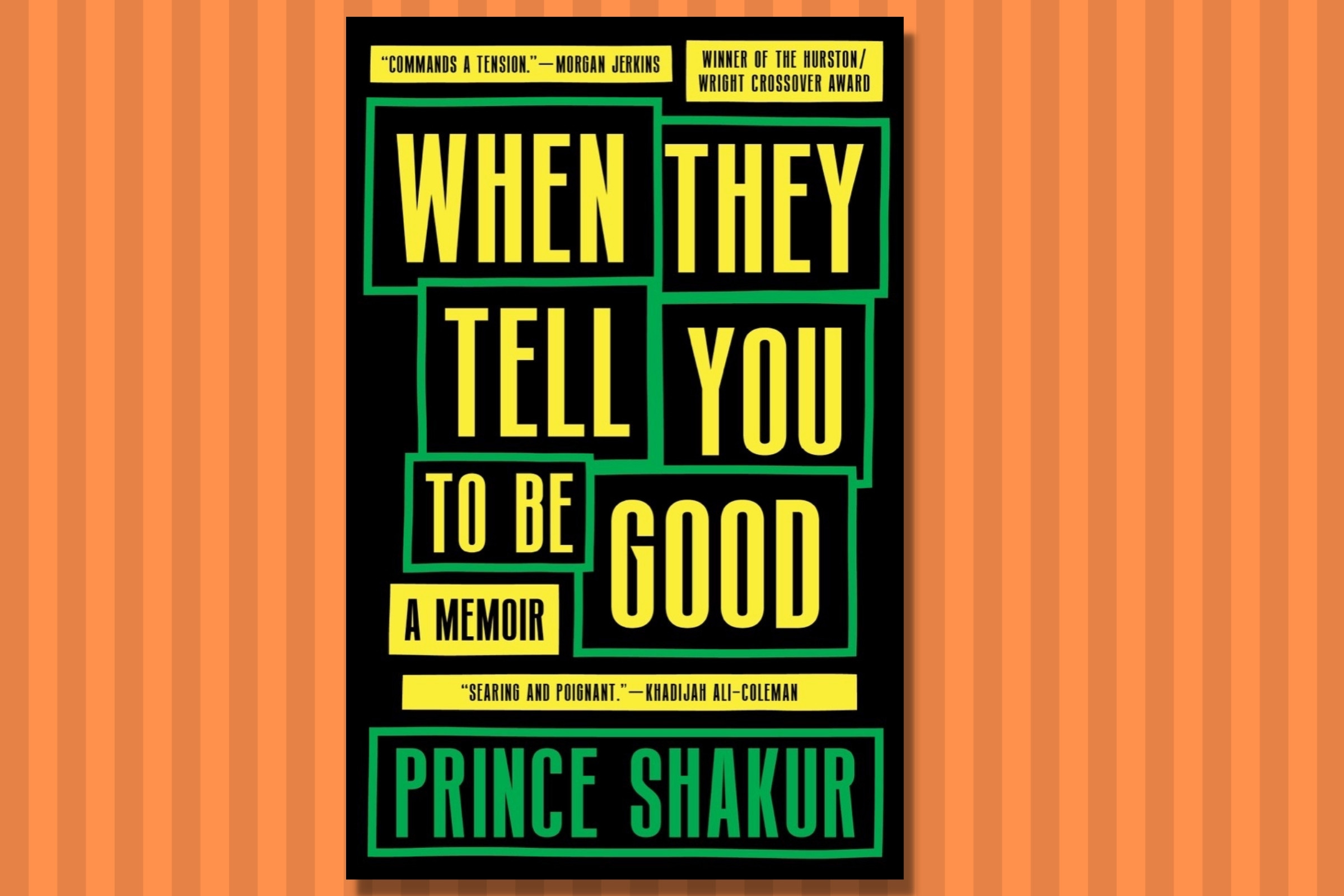
The magnetic debut book from the essayist and organizer Prince Shakur delves into his Black, queer identity, his family’s immigration from Jamaica to the United States, and the longlasting impacts of colonial and patriarchal violence through generations. Shakur pairs his own experience with familial homophobia with his broader recognition of social injustice in the U.S. to gradually unravel both forces. “If America could not deliver me what I deserved as a young and curious Black person,” he writes, “I deserved to try to find it where I could and not be overpowered by the kind of son or citizen I needed to be.”
Buy Now: When They Tell You to Be Good on Bookshop | Amazon
Marigold and Rose: A Fiction, Louise Glück (Oct. 11)
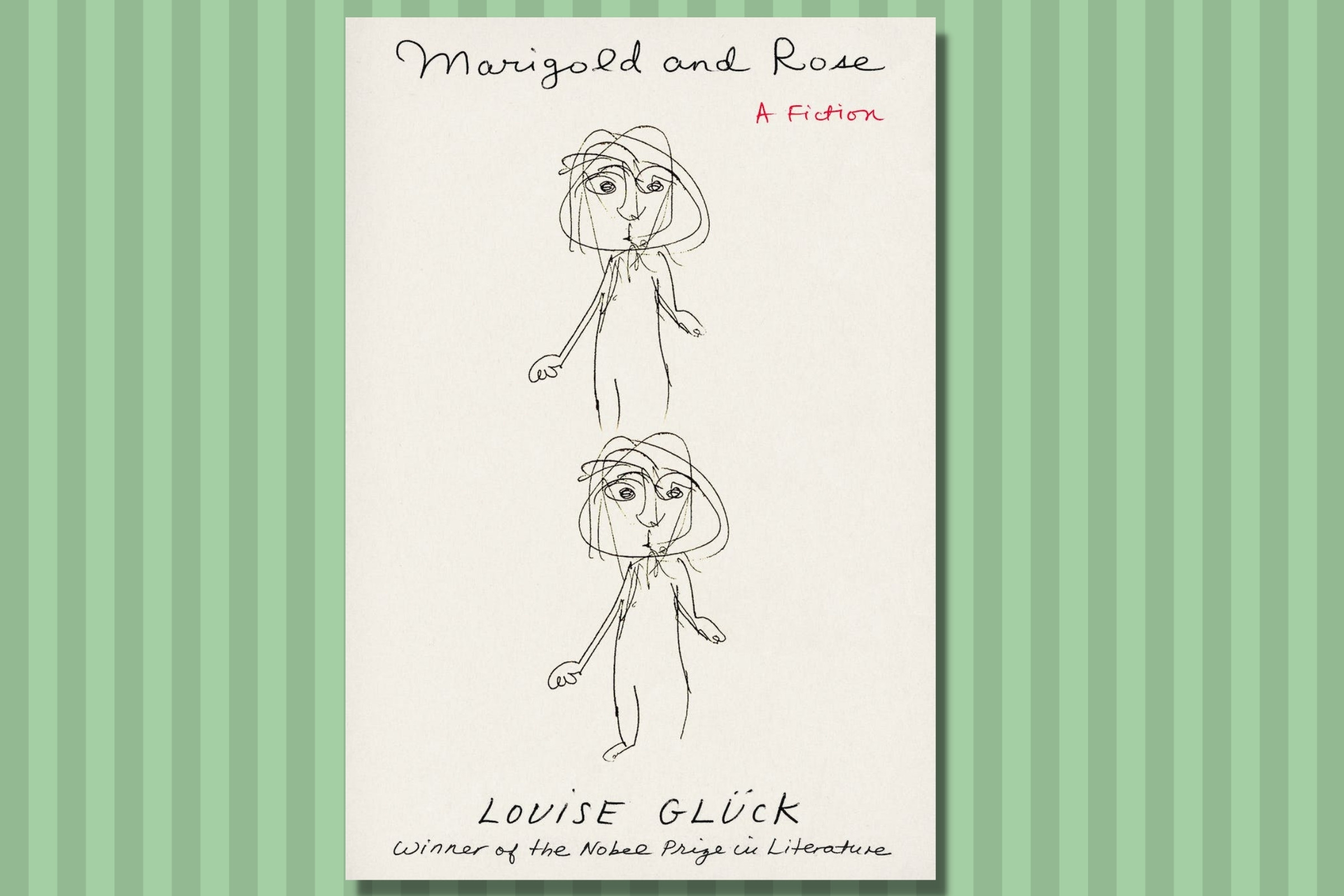
In her fiction debut, 2020 Nobel Prize in Literature winner Louise Glück harnesses her background in poetry to tell the luminous tale of two infant twins who engage with the world in much the same way adults do—albeit with perhaps a bit more wonder. Marigold is quietly mentally writing a book about what their mother was like as a child. Rose is more outgoing and outspoken: her first words arrive “in loud gusts and torrents.” The slim book, though fiction, shimmers with Glück’s trademark poetic voice, weaving everyday magic into playpens and cribs.
Buy Now: Marigold and Rose: A Fiction on Bookshop | Amazon
Rest Is Resistance: A Manifesto, Tricia Hersey (Oct. 11)
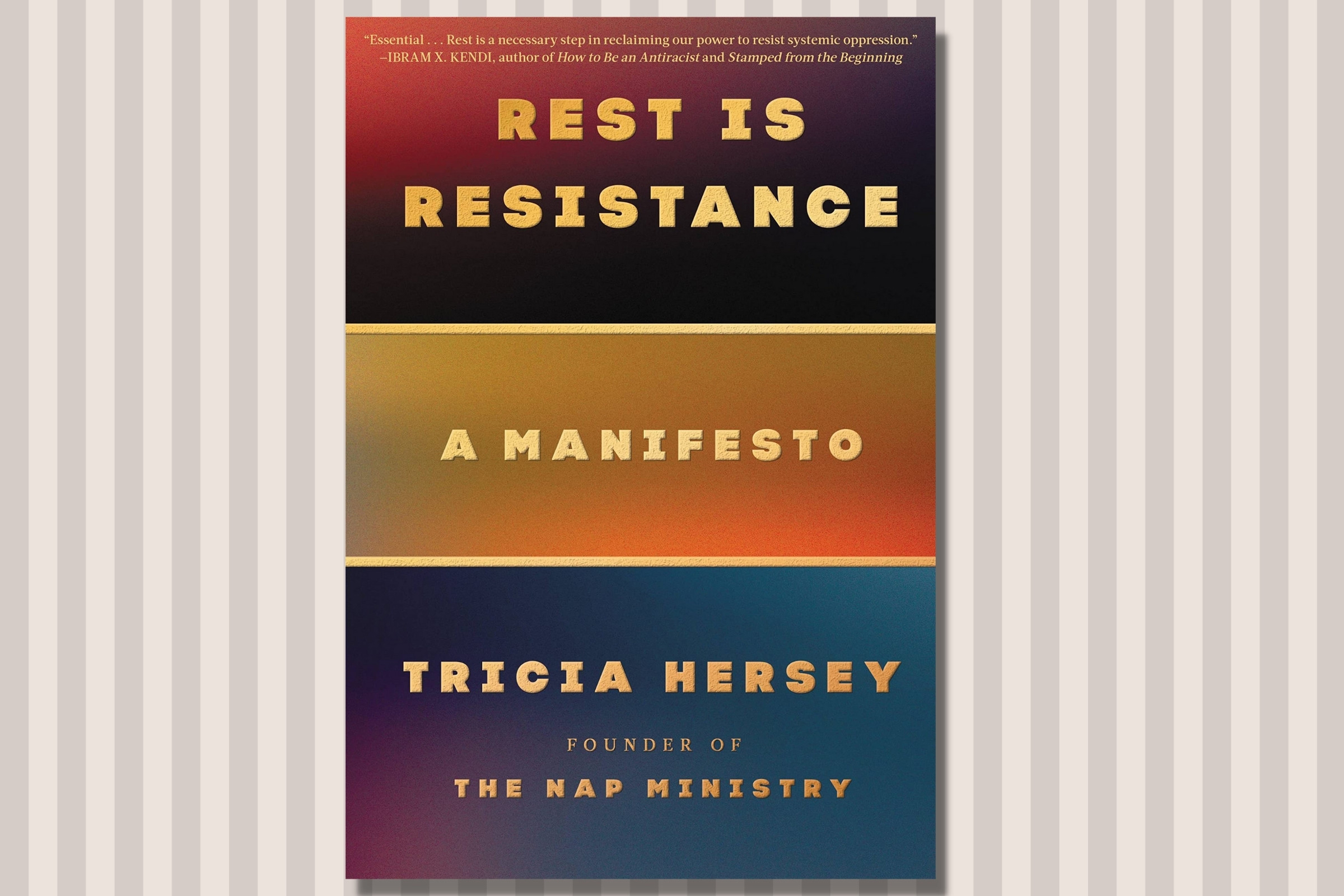
The Instagram page @thenapministry, with roughly 477,000 followers, has changed lives. Founded in 2016 by artist and theologian Tricia Hersey, the Nap Ministry is an organization that believes rest is “a form of resistance and reparations” and examines the liberating power of naps. Now Hersey is coming out with a manifesto of sorts that expands on the meaning and power of rest. Rooted in Black liberation, womanism, somatics, and Afrofuturism, Rest Is Resistance connects the dots between capitalism and white supremacy. Rest, Hersey posits, asserts humanity and pushes back against all-consuming grind culture. “All of culture is collaborating for us not to rest,” Hersey writes—and she wants to change that.
Buy Now: Rest Is Resistance: A Manifesto on Bookshop | Amazon
Dinosaurs, Lydia Millet (Oct. 11)
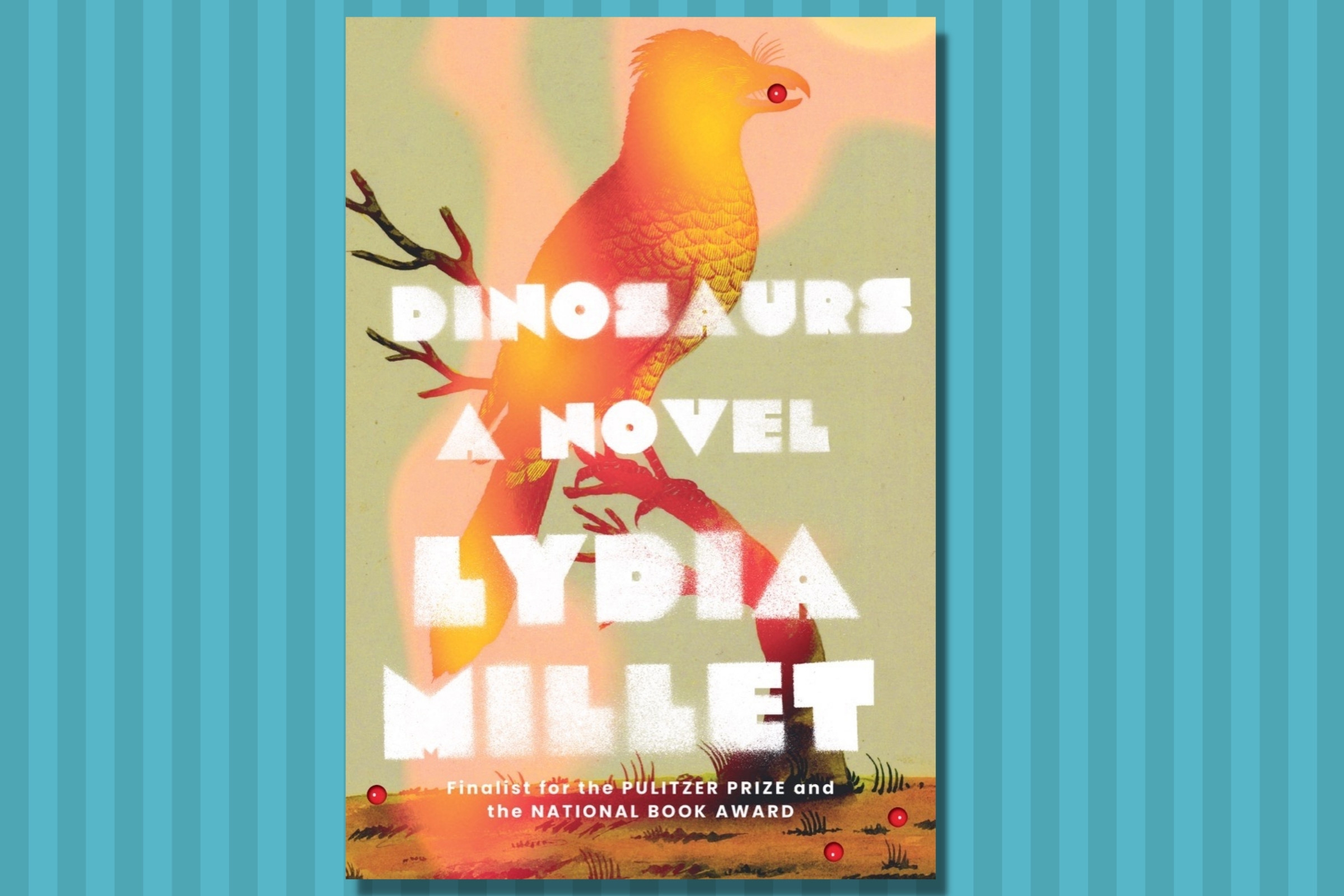
Forty-something Gil has just moved—walked, to be specific—from New York to Arizona in the wake of a necessary but painful breakup. In Phoenix, he meets a family of four who live next door: Arlis, Ted, and their kids, Clem and Tom. The neighbors become unlikely friends as Gil bonds with Ted over manly things and keeps the high-energy Tom occupied with sports. Gradually, Gil seems to become part of the family, which raises some philosophical questions—like where the individual ends and the community begins.
Buy Now: Dinosaurs on Bookshop | Amazon
When We Were Sisters, Fatimah Asghar (Oct. 18)
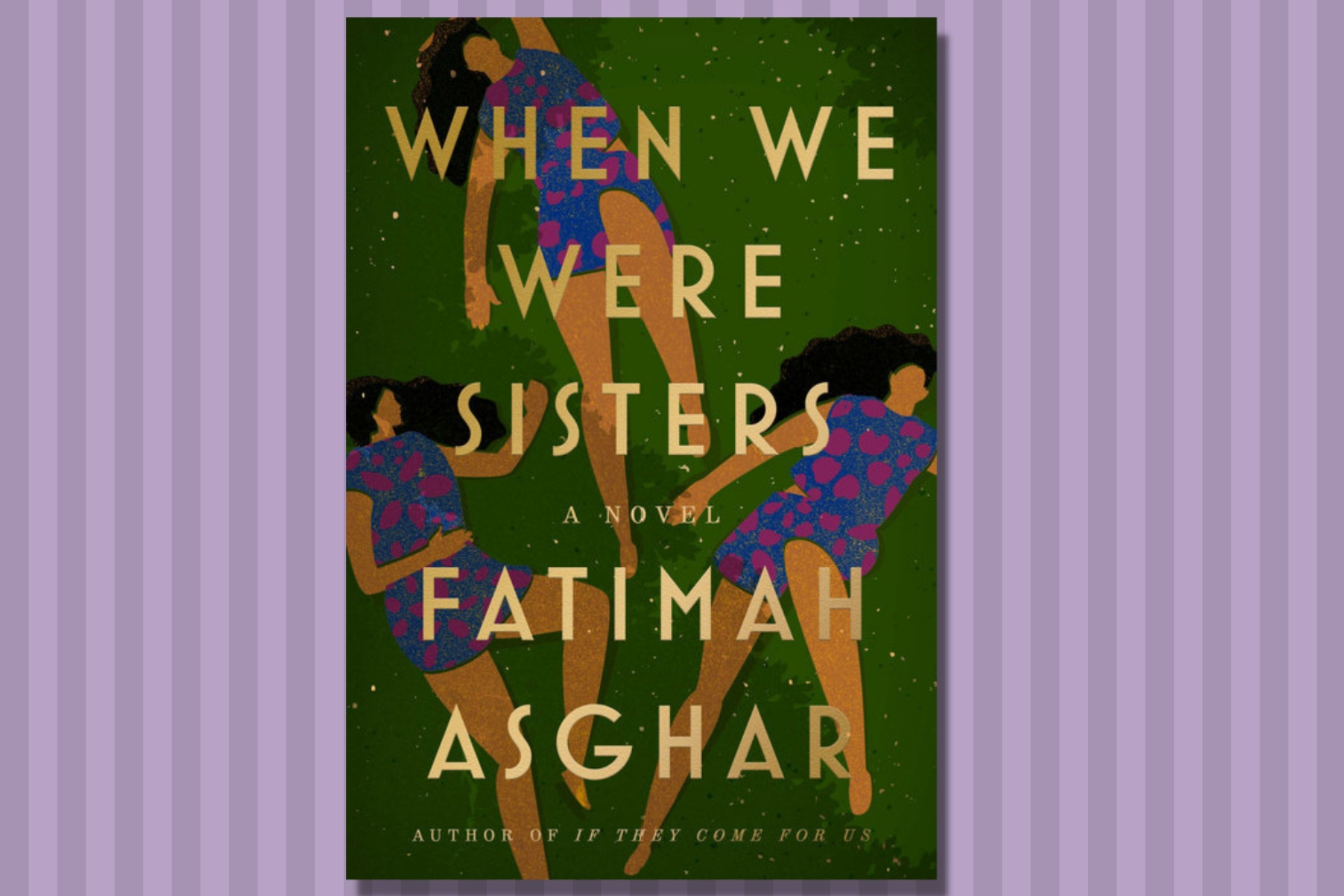
With If They Come For Us, their 2018 debut poetry collection, Fatimah Asghar established their lyrical voice as one to contend with. Now, the artist is back with their debut novel, When We Were Sisters, which channels their poetic sensibilities into a tender tale about three siblings—Noreen, Aisha, and Kausar, from oldest to youngest—and how they care for each other in the aftermath of their parents’ deaths. The siblings are taken in by their uncle and learn to rely on one another as they grow. Through Kausar’s eyes, readers experience the ebb and flow of grief alongside the tumultuous journey that is adolescence.
Buy Now: When We Were Sisters on Bookshop | Amazon
Demon Copperhead, Barbara Kingsolver (Oct. 18)
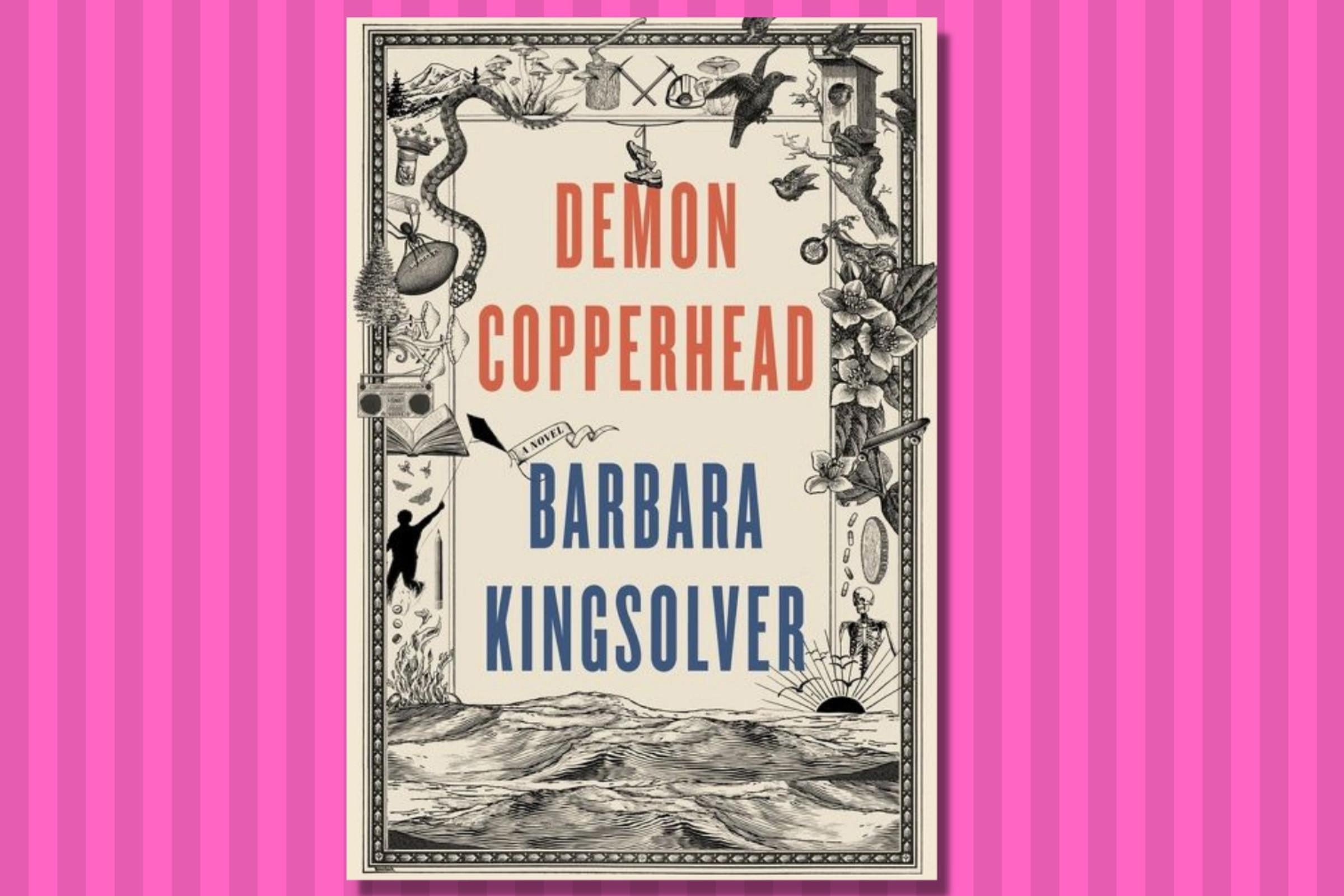
In this contemporary reimagining of Charles Dickens’ David Copperfield, Barbara Kingsolver transposes a Victorian epic novel to the American South—the mountains of southern Appalachia, to be specific. When we meet him, Demon Copperhead is 11 and living in poverty with a single mother who has an opioid addiction. In this modern coming-of-age story, Demon learns to navigate the inhospitable landscape of the foster care system, landing in the home of the town’s celebrated high school football coach, where he’ll face his own opioid addiction. “Anyone will tell you the born of this world are marked from the get-out,” Kingsolver writes, “win or lose.”
Buy Now: Demon Copperhead on Bookshop | Amazon
The Extraordinary Life of an Ordinary Man, Paul Newman (Oct. 18)
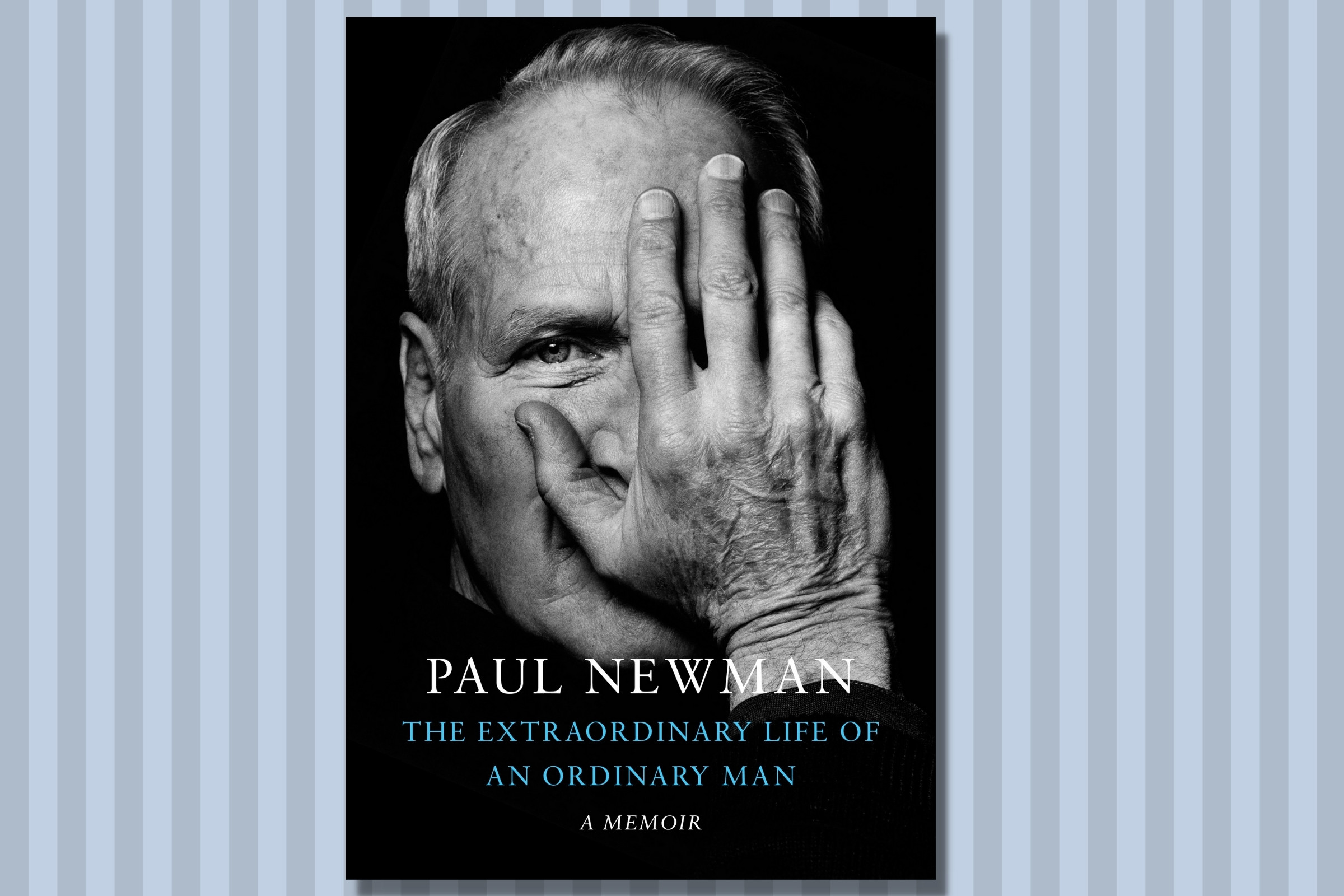
The late Paul Newman is known for quite a few accomplishments, among them his memorable roles in Cat on a Hot Tin Roof, Butch Cassidy and the Sundance Kid, and The Sting, 10 Oscar nominations, and one Oscar win (for best actor in The Color of Money). But he was, as his posthumous memoir illustrates, also a deeply private man. Among the intimate topics he covers in the book are his turbulent childhood, his relationship with the love of his life, Joanne Woodward, and the grief and guilt he bore after losing his son. Acting, he says in the book, “gave me a sanctuary where I was able to create emotions without being penalized for having them.”
Buy Now: The Extraordinary Life of an Ordinary Man on Bookshop | Amazon
Liberation Day, George Saunders (Oct. 18)
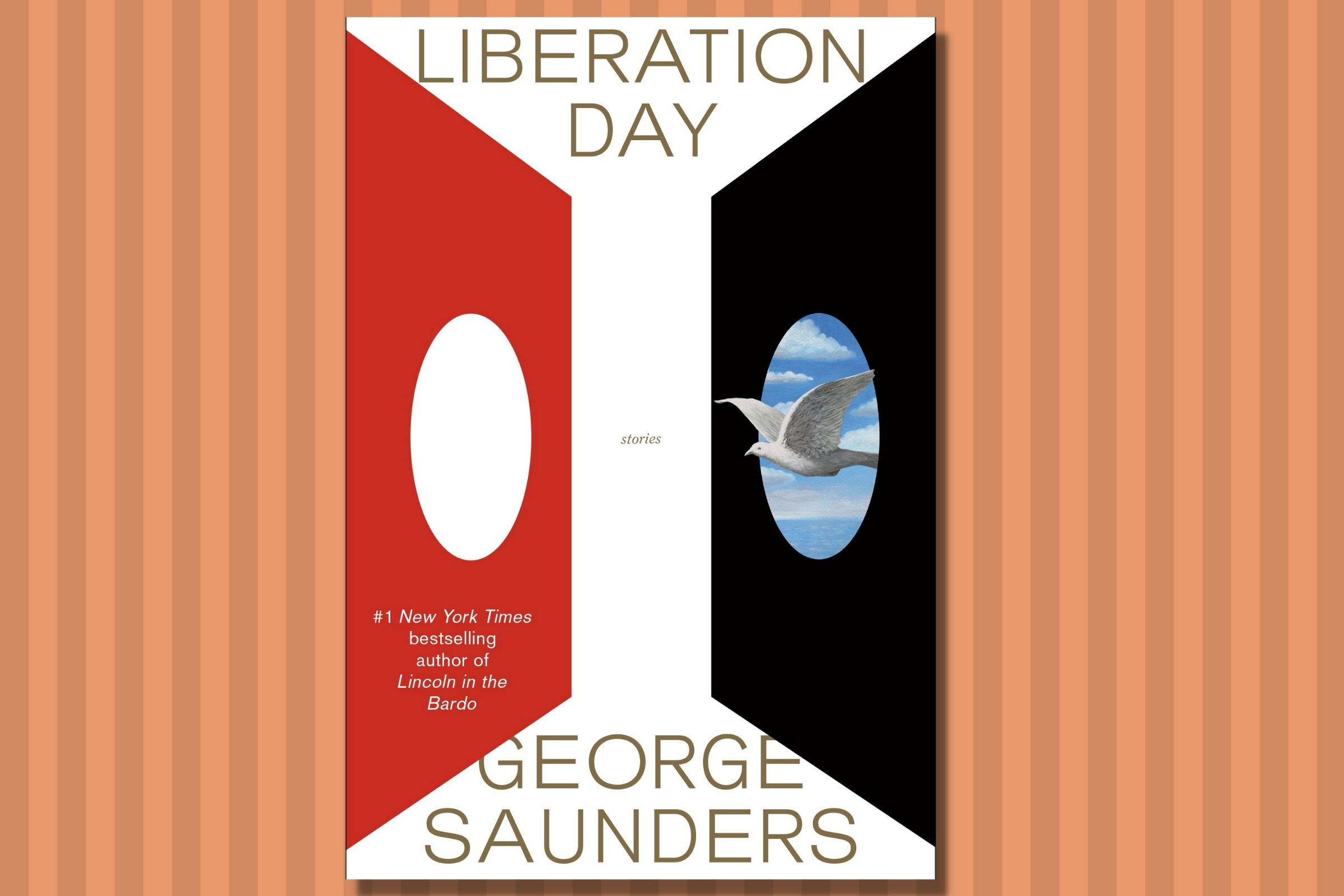
In 2013, for TIME100, the poet Mary Karr wrote that “for more than a decade, George Saunders has been the best short-story writer in English.” Now, almost a decade later, Saunders has written the short story collection to defend his title. In the titular essay, three workers, called “Speakers,” are indentured to entertain a family in an alternate reality. In another dystopia, this one Trumpian, a grandfather writes to his grandson to warn him about the perils of a world in which “loyalists” report dissenters for infractions. In the story “Ghoul,” the narrator, Brian, who works at a Hell-themed amusement park, prays, “Though I will not live to see it, may these words play some part in bringing the old world down.”
Buy Now: Liberation Day on Bookshop | Amazon
The White Mosque, Sofia Samatar (Oct. 25)
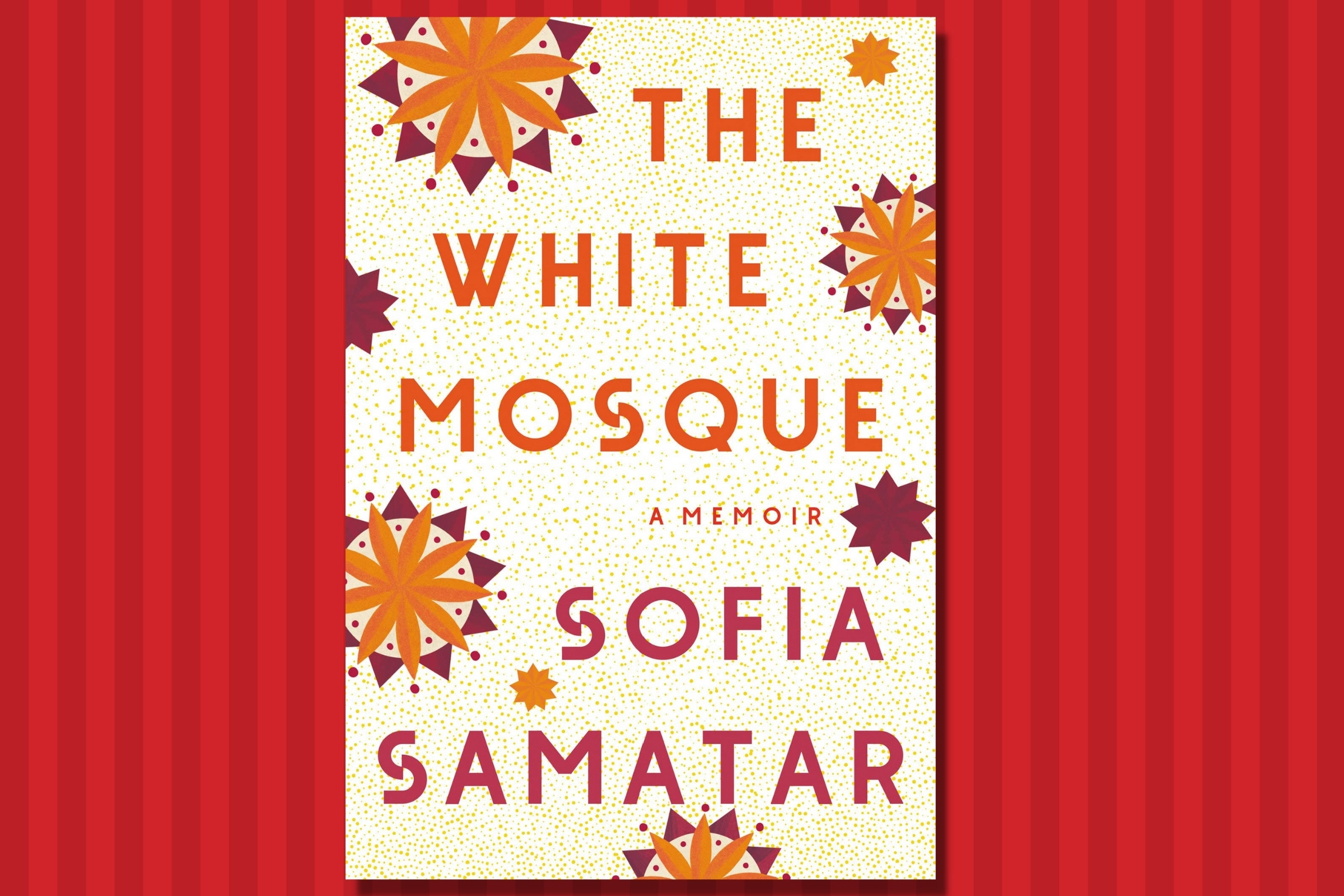
Sofia Samatar, a professor of African and Arabic literature and a fantasy novelist, is also the daughter of Swiss Mennonite and Somali Muslim parents—religious identities that, to many, may seem diametrically opposed. Samatar breaks from her usual sci-fi and fantasy writing to offer an enthralling memoir tracing the path of Mennonite minister Claas Epp Jr. from Russia into what is now Uzbekistan in the 1880s. In the summer of 2016, Samatar retraced this journey for two weeks, ending at Ak Mechet, a Mennonite church that resembles a white mosque.
Buy Now: The White Mosque on Bookshop | Amazon
The Revolutionary: Samuel Adams, Stacy Schiff (Oct. 25)
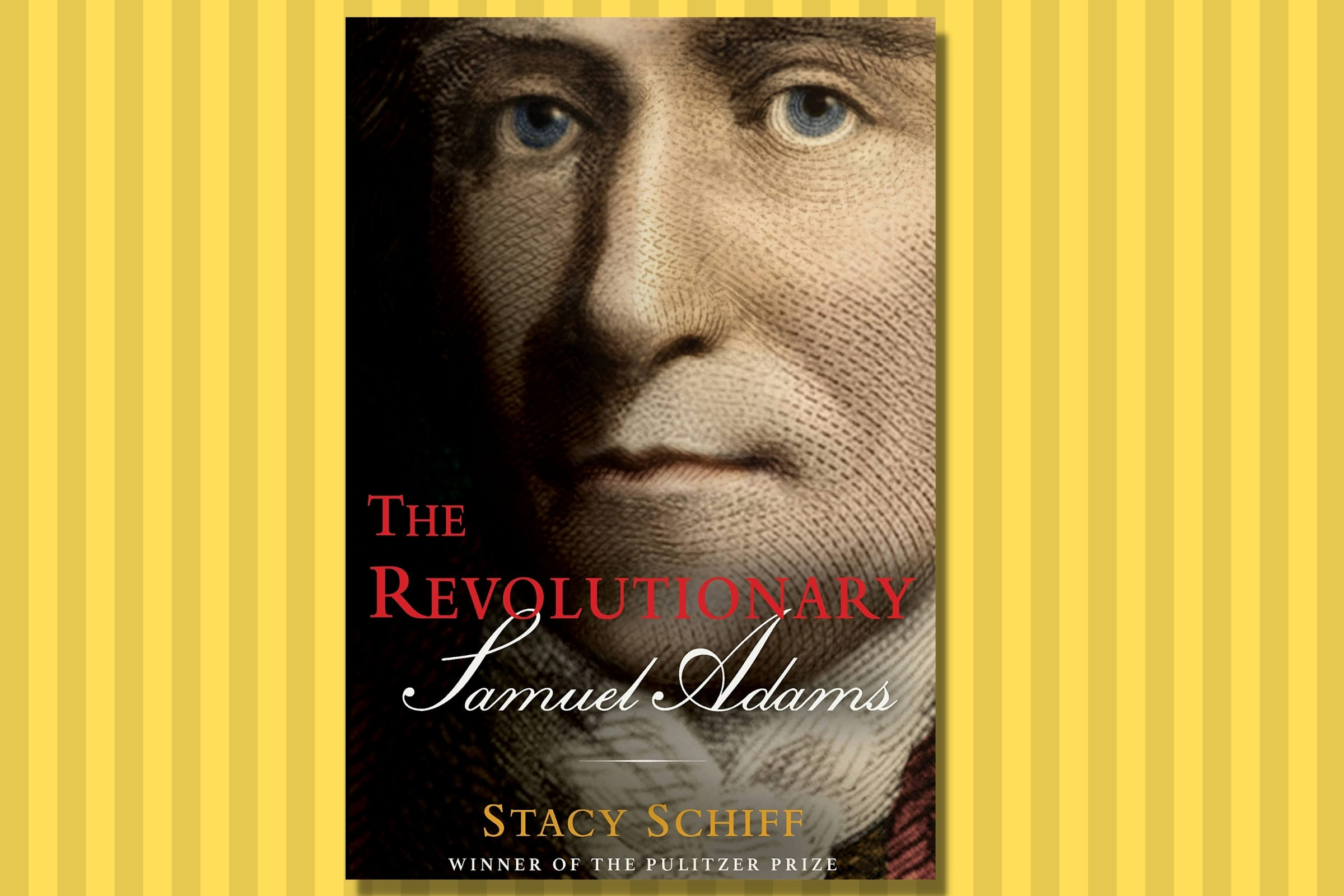
Stacy Schiff has mastered the art of writing thoroughly researched, often captivating biographies, breathing new life into history. (She won the Pulitzer Prize in biography in 2000 for her biography of Vera Nabokov.) For her latest act, Schiff re-introduces readers to Samuel Adams, considered to be one of the more historically overlooked of the founding fathers. And that, in fact, may have been intentional: Adams destroyed most of his personal correspondence and countless documents, preferring to move inconspicuously. This biography, at times brimming with drama, carefully sifts through the limited remaining materials available to build a hearty portrait of a founding father.
Buy Now: The Revolutionary: Samuel Adams on Bookshop | Amazon
Seven Empty Houses, Samanta Schweblin, translation by Megan McDowell (Oct. 25)
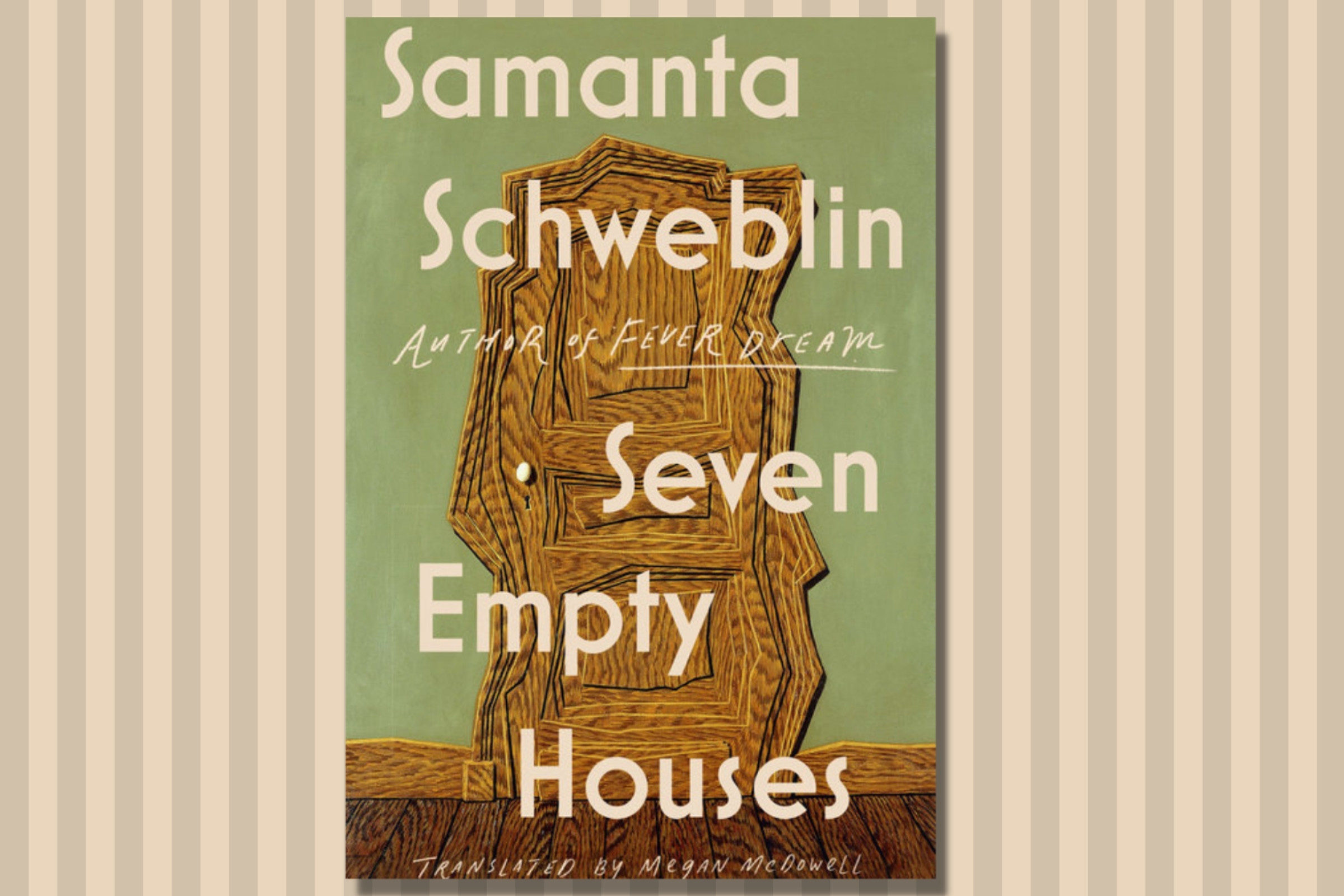
Longlisted for the 2022 National Book Award for Translated Literature, Seven Empty Houses, originally written in Spanish, depicts, yes, seven empty houses. But it simultaneously seeks to capture both the absence that defines them and what exactly it is that creeps back inside. In the opening story, “None of That,” what’s missing is, perhaps, control: a mother and daughter are driving through a wealthy neighborhood, seemingly unsure of how they got there. When the pair end up inside the landowner’s house, that control is regained, in a way—the mother obsessively straightens up the landowner’s belongings. The slightly unnerving and surreal tone throughout the stories, translated by Megan McDowell, makes for an ideal October read.
More Must-Reads from TIME
- Cybersecurity Experts Are Sounding the Alarm on DOGE
- Meet the 2025 Women of the Year
- The Harsh Truth About Disability Inclusion
- Why Do More Young Adults Have Cancer?
- Colman Domingo Leads With Radical Love
- How to Get Better at Doing Things Alone
- Michelle Zauner Stares Down the Darkness
Contact us at letters@time.com